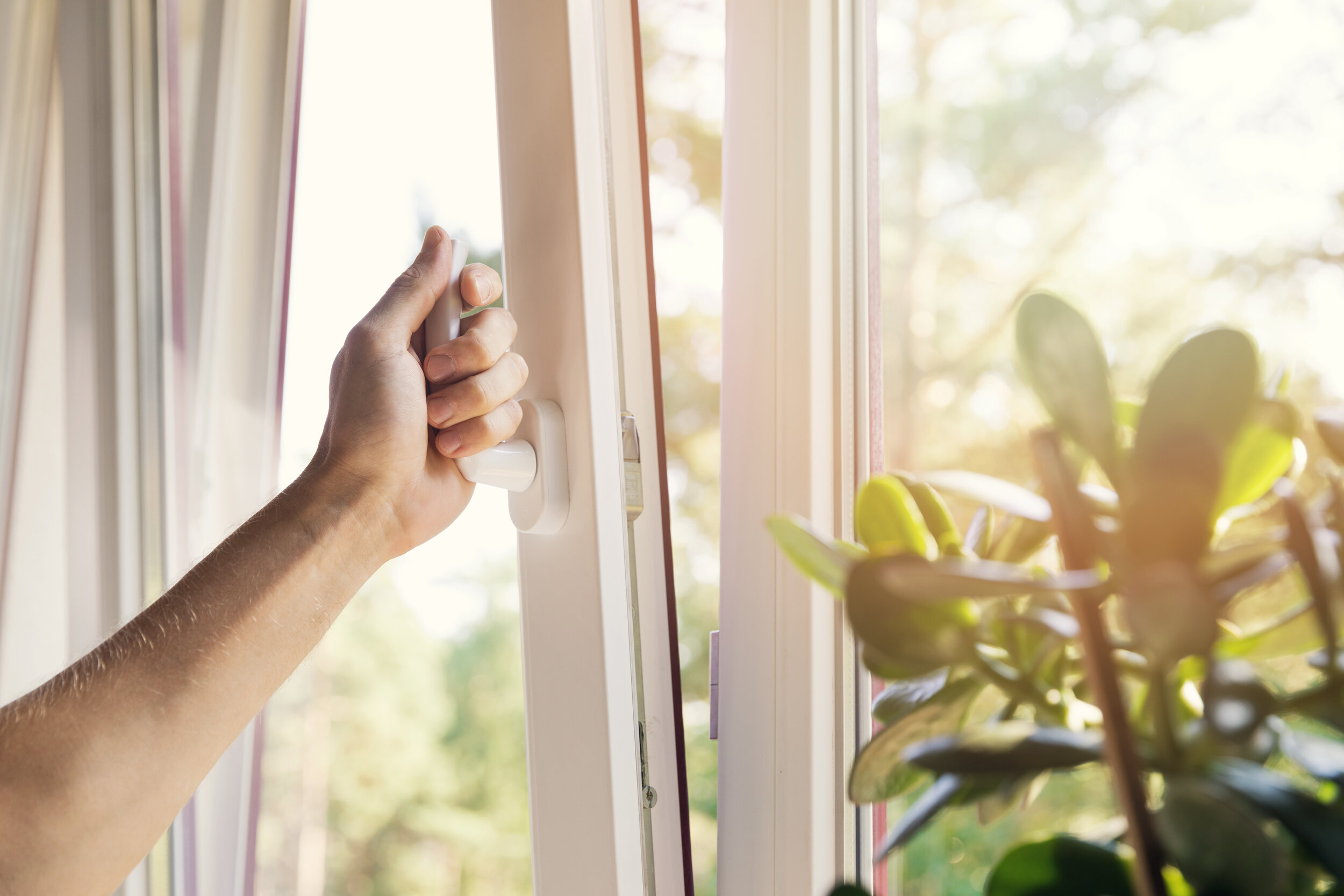What Are the Expected HVAC Trends in 2021?
Each year, advancements in technology and the demand for certain features play a role in HVAC trends. What are some of the 2021 HVAC trends you can expect to see in the new year? These are just a few of the trends that you might want to look into for your Broken Arrow home.
Green Heating and Cooling
Trends in the HVAC industry generally include improved ways to make homes more efficient and eco-friendly. The trends that are expected for the upcoming year include heating and cooling systems that use cleaner sources of power, such as geothermal energy, rather than gas and other fossil fuels. As more and more homeowners explore these kinds of options for their HVAC needs, the demand for green heating and cooling systems and equipment should increase. This typically leads to improvements in eco-friendly HVAC systems that help cut down on energy usage and heating and cooling bills.
Smart HVAC Features
More homeowners are making the switch to using smart technology for a convenient and quick way to adjust temperature settings in their home. Smart thermostats and similar kinds of HVAC technology — such as adjusting settings when you're not home — make it possible for homeowners to cool and heat their home more efficiently.
Improved Air Quality
The pandemic has led to a greater focus on boosting indoor air quality (IAQ) in homes for health purposes. Homeowners have been showing an increased interest in being able to measure the IAQ in their home and find effective ways to improve it. Apps for IAQ measurement are among the 2021 HVAC trends that should be showing up in the new year. These apps offer a convenient way for homeowners to determine if they need to make changes to boost their IAQ and lower the risk of illness, such as having an air-purification system or a whole-house humidifier installed.
If you need more information on 2021 HVAC trends, contact Air Assurance. We can help you update the HVAC system in your Broken Arrow home as needed for efficient heating and cooling.





